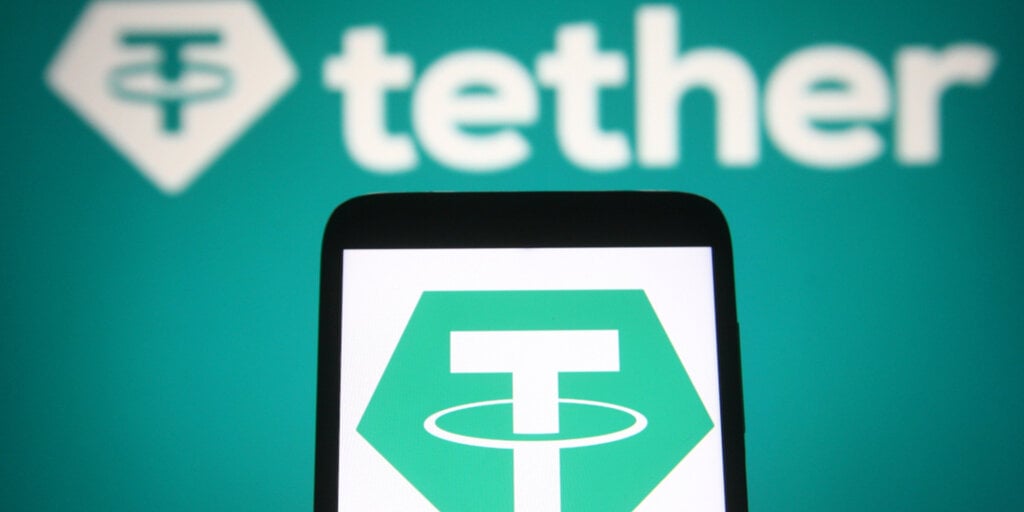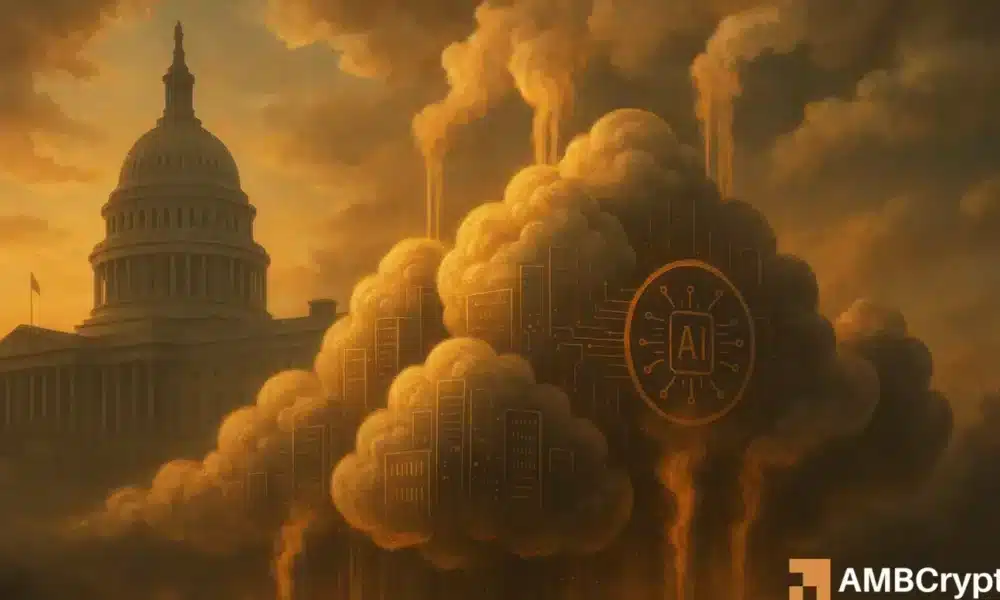Original title: "The Democrats propose the Clean Cloud Act" to require American Bitcoin mining companies and AI computing power centers to embrace green energy: 2035 to achieve zero carbon emissions"
Original author: Joe, BlockTempo
The US Senate introduced the Clean Cloud Act of 2025, requiring cryptocurrency mines and AI data centers to phase out fossil fuels, otherwise they will face fines, with the goal of achieving zero carbon emissions by 2035.
The bill, jointly proposed by Democratic Senators Sheldon Whitehouse and John Fetterman, aims to strictly limit carbon emissions from cryptocurrency mining companies and artificial intelligence (AI) data centers and set a clear timeline to ultimately achieve net zero emissions by 2035. Facilities that continue to use non-renewable energy will be fined.
The core mechanism of the bill: regional emission caps and year-on-year decreases
According to the content of the draft, the Clean Cloud Act will amend the current Clean Air Act. In the future, all data centers with energy capacity exceeding 100 kW (including cryptocurrency mines and AI computing centers) must comply with emission caps by region.
These upper limits will refer to the power regional division settings in the National Transmission Demand Research released by the U.S. Department of Energy. Different regions will face different emission reduction requirements due to different energy structures and grid conditions.
The bill requires that the emission caps in each region be set by the end of 2025 and will be reduced by 11% each year from then on until zero emissions are reached by 2035. Companies who fail to meet the standards will pay the inflation-adjusted fine based on their excess emissions.
It is worth noting that the draft also explicitly prohibits enterprises from passing the cost of fines to customers to ensure that enterprises bear environmental protection responsibilities on their own.
Strict reporting obligations and responsibilities
The bill also requires relevant facilities to submit detailed reports every year, including key information such as total electricity consumption, power sources (the ratio of renewable energy to fossil fuels).
It is worth noting that the draft attributes the liability for paying the fine as the "tenant of the rental facility" rather than the owner of the facility. That is, even individuals or businesses that only rent servers for mining or AI operations may be required to declare data and bear potential fines, which expands the scope of application.
It will help the development of green energy and increase the pressure on small and medium-sized businesses
If the bill passes, it will encourage cloud service providers and data centers to actively adopt green energy to attract customers who are sensitive to environmental regulations. But it can be a challenge for small and medium-sized enterprises, as they may lack the resources to deal with the energy transition and compliance costs.
The crypto mining industry has already seen a green trend
According to statistics at the end of 2024, more than 50% of the energy in the global Bitcoin mining network comes from renewable energy such as hydraulics, winds, and solar. For example, areas with rich green energy and low prices such as Iceland and Quebec, Canada have become the first choice for miners.
If the Clean Cloud Act is successfully passed, mining companies and AI computing centers will switch to the use of renewable energy more quickly, and those who are not adapted will face the risk of being eliminated by the market.
Overall, the bill proposes a positive and strict emission reduction timetable to encourage relevant companies to plan their energy transformation as soon as possible. But under Trump's administration, considering that he has repeatedly denied the relationship between global warming and carbon emissions, this bill will inevitably encounter Republican resistance in Congress (it may be considered that the bill is too strict, which will kill innovation and weaken the United States' competitiveness in cryptocurrency and AI), and there is still great uncertainty as to whether it can be passed in the end.
















No comments yet